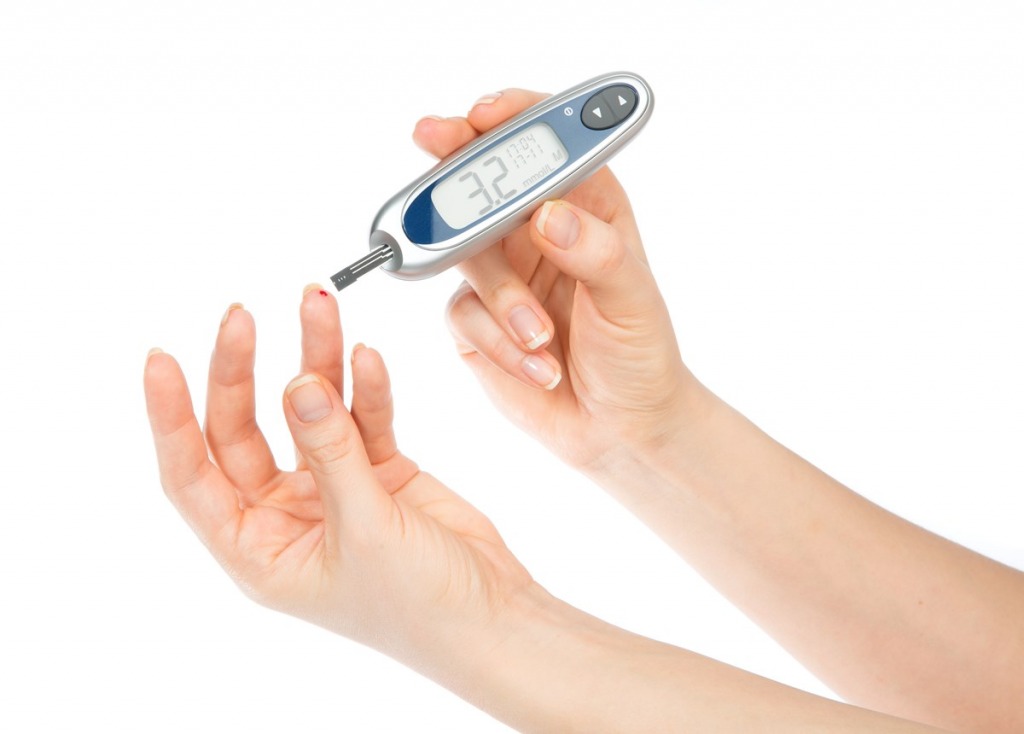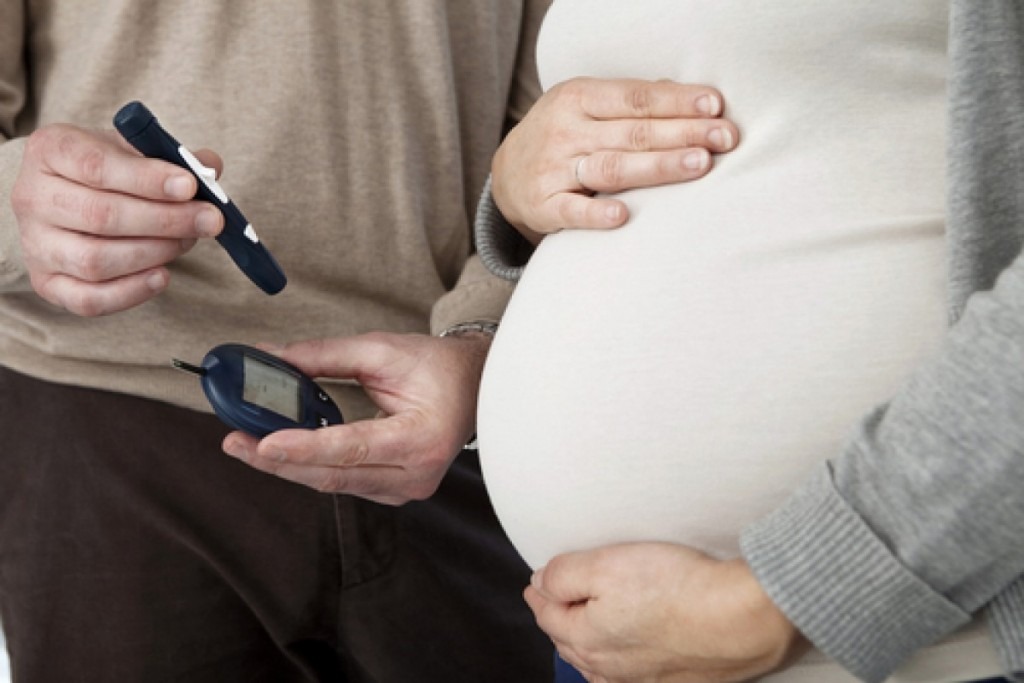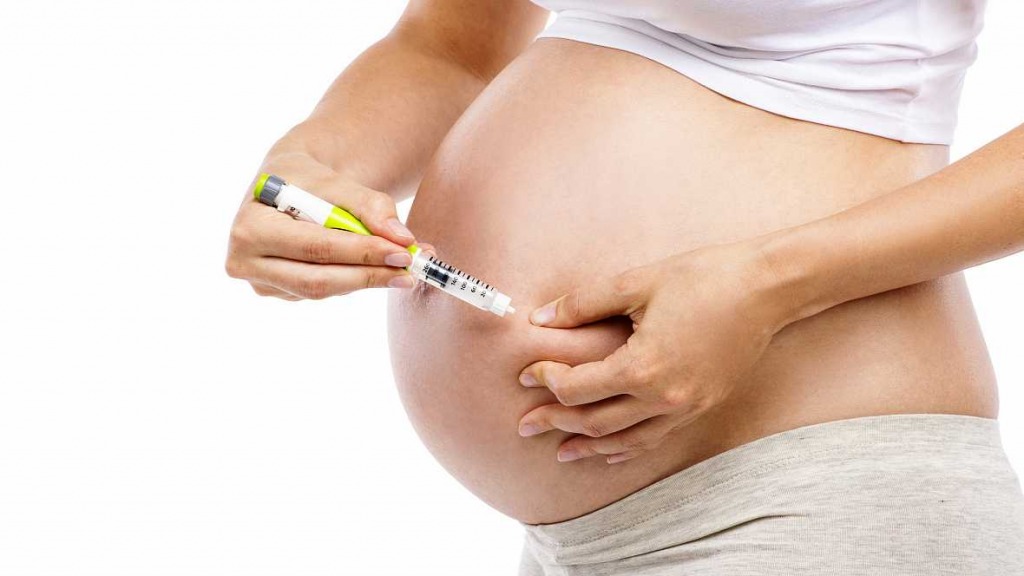
Diabetes is a serious disease when the body cannot properly control the amount of sugar in the blood because it does not have enough insulin. Diabetes is the most common medical complication during pregnancy, which denotes about 3.3% of all live births. There are many steps to be taken care of in order to have a safe and healthy pregnancy when there is a diabetes condition.
There are mainly two types of diabetes: Type 1 and Type 2 diabetes. Type 1 diabetes is an autoimmune disease that requires a daily usage of insulin. Type 1 diabetes include symptoms like increased thirst and urination, constant hunger, weight loss, blurred vision, and extreme fatigue.
Type 2 diabetes, which is the most common form of diabetes include symptoms like bladder or kidney infections that heal slowly, increased thirst and urination, constant hunger and fatigue. This form of diabetes is often associated with obesity, older age, family history, previous history of gestational diabetes, physical inactivity, and can be more prevalent in case of certain ethnic groups.

Treating diabetes during pregnancy is a key to the health of both mother and baby.
Hypoglycemia and hyperglycemia are common in women with preexisting diabetes. When blood glucose levels are too low, hypoglycemia occurs. When blood glucose levels are low, body is deprived of the energy it needs.
Hypoglycemia can be triggered by:
Hyperglycemia occurs when there is a deficiency of insulin in the body and it can be treated by eating or drinking something that contains sugar.
Hyperglycemia can be triggered by:
Usually hyperglycemia can treated by adjusting your insulin dosages.

Some potentially negative health risks that may affect the baby when the mother has diabetes.
Other things to keep in mind are:
Take care to manage the glucose levels, prioritizing proper nutrition and exercise, and stay connected to the health care team. Medically managing your diabetes is a key for the health and the success of future pregnancies.
It is the most powerful creation to have life growing inside of you.There is no bigger gift